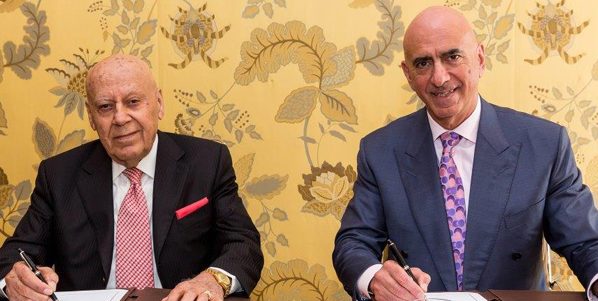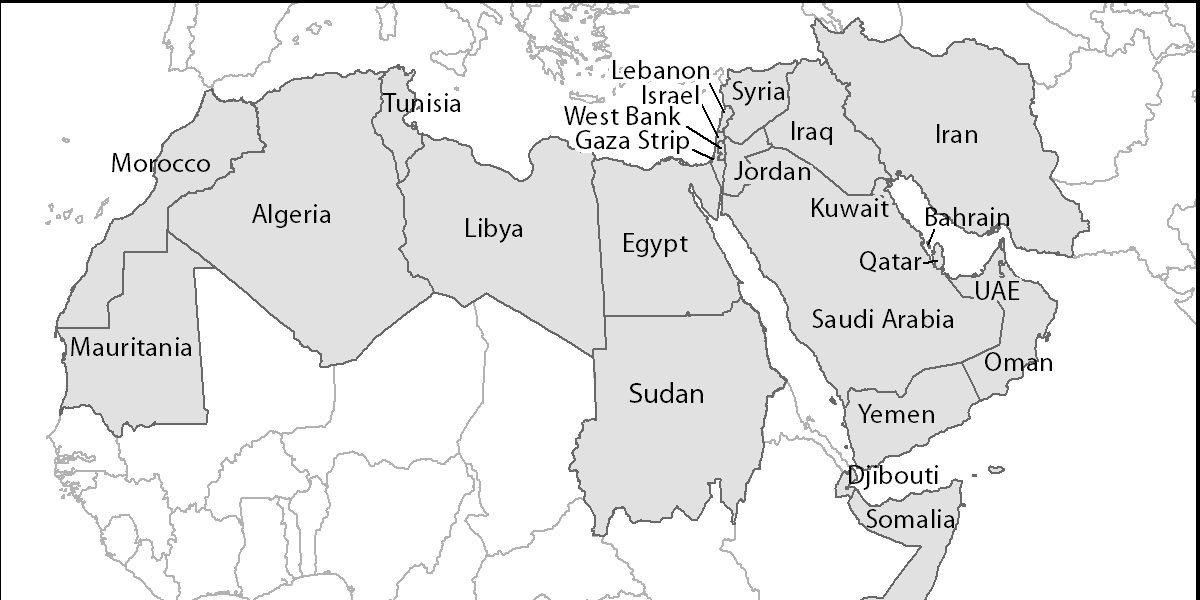ADP Takes Control of Queen Alia Airport
A team from Khalifeh & Partners including Khaldoun Nazer (Partner), Dina Issa, (Associate) and Mouawyeh Tarawneh (Associate) worked with Clifford Chance LLP (DIFC Office) on the sale of 85.7% of the shares of Airport International Group (AIG), the Concession Holder of Queen Alia International Airport (QAIA). The transaction is valued at approximately USD $530 million. K&P acted for the sellers’ group comprised of Abu Dhabi Investment Company, Noor Financial Investment Company, J&P-Avax S.A., Joannou & Paraskevaides (Overseas) Ltd, and Edgo Investment Holdings Limited, while Freshfields Bruckhaus Deringer LLP and Obeidat Freihat acted for the buyers.
This transaction allows ADP International S.A. to hold approximately 51% of QAIA, and gives it exclusive control of AIG. There are also new co-shareholders in AIG: Paris-based Meridiam Eastern Europe Investments 2 S.A.S and Abu Dhabi-based Mena Airport Holding Ltd, while Edgo retains its co-shareholder status.
In November 2007, under the terms of a 25-year design, build, operate, and transfer (DBOT) concession agreement, AIG became the Jordanian entity responsible for the operation of QAIA. Funding for the project was secured through the International Finance Corporation, the Islamic Development Bank, a syndication of commercial lenders, and shareholder equity. K&P previously acted for a consortium that bid for the project.
The DBOT concession witnessed the rehabilitation of the airport’s facilities, and the construction of a new passenger terminal. Since 2007, it has already increased the capacity of QAIA to host more than 6.2 million passengers, inaugurated a new terminal, and became the second airport in the Middle East to earn the Airport Carbon Accreditation.
ADP’s objectives for the remainder of the concession include strengthening the airport’s route network, improving the quality of service offered to its passengers, enhancing the performance of aeronautical and commercial activities, and ensuring sustainable and social responsible development for the remaining duration of the project.
Khalifeh & Partners is a full-service law firm that offers comprehensive expertise to our clients across many practice areas and jurisdiction, and is ranked “Tier 1” by Chambers and IFLR 1000. Please visit www.khalifehlaw.com for additional information about our practice and lawyers.





